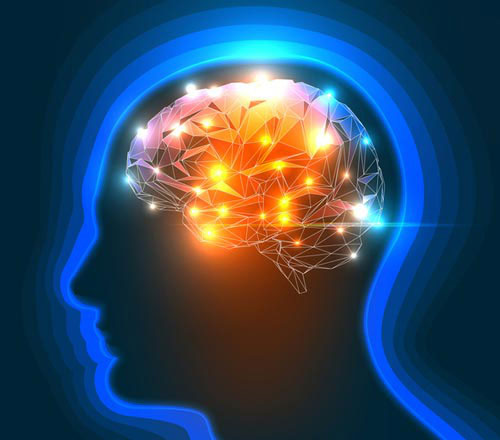A groundbreaking study has revealed that individuals who survive a near-death experience, also known as “clinical death”, exhibit stronger brain activity and feel more intelligent and insightful.
At the 2022 Scientific Conference of the American Heart Association, held in Chicago on November 6-11, a team of researchers from New York University presented the results of this unprecedented study.

Brain activity before and after a near-death experience is a topic of interest, yet no scientific research has provided concrete evidence – (Photo: Binaural Beats Meditation).
The research team conducted a three-year study, from 2017 to 2020, involving 567 patients in the United States and the United Kingdom. These patients were hospitalized for various reasons and subsequently resuscitated after experiencing cardiac arrest.
Less than 10% of these patients survived. However, notably, 1 in 5 of those who survived reported feeling more enlightened and mentally sharp during their recovery.
The lead researcher, Dr. Sam Parnia (New York University), stated that there have been many intriguing reports of individuals who suddenly felt “awakened” when they were close to death, but no study has provided enough information for us to understand the relationship between death and brain activity from a scientific perspective.
This study has shown that these experiences are not merely hallucinations.
At 25 medical facilities across the United States and the United Kingdom, whenever medical staff reported a case of cardiac arrest, scientists would arrive to document the brain activity of the patient.
The results indicated that gamma wave activity in the brains of these patients spiked significantly. Gamma waves are active when a person retrieves memories and processes emotional information following an experience that temporarily causes them to lose consciousness.
Many survivors recounted that during the resuscitation process, while doctors were doing everything possible to save them (such as performing artificial respiration or using an automated external defibrillator), they felt as if they were experiencing “detached perception.”
Although the patients lay with their eyes closed in hospital beds, they had a visual awareness of the medical team performing artificial respiration. In other words, “part of them” seemed to separate from their physical body, “seeing” the scene in the hospital room.
Moreover, according to Dr. Parnia, these individuals also realized that they had died while doctors were still surrounding them, performing emergency resuscitation.
Patients experienced sensations as if they were being transported to a place that felt like home or some other very familiar location that attracted them.
Some patients were resuscitated but remained in a coma and did not awaken until days or weeks later. This timeframe could lead to many intriguing experiences for the patients.
“Patients began to have full memories of everything they had done, every event, every person, every intention throughout their lives. Simply put, this experience is akin to a computer restoring all previously deleted data,” Dr. Parnia shared.
One of the most fascinating discoveries from this study is that a person’s consciousness does not cease when the body dies. Consequently, upon recovery, the brain functions better. They recognize the importance of work, the meaning of family, and life itself.


















































